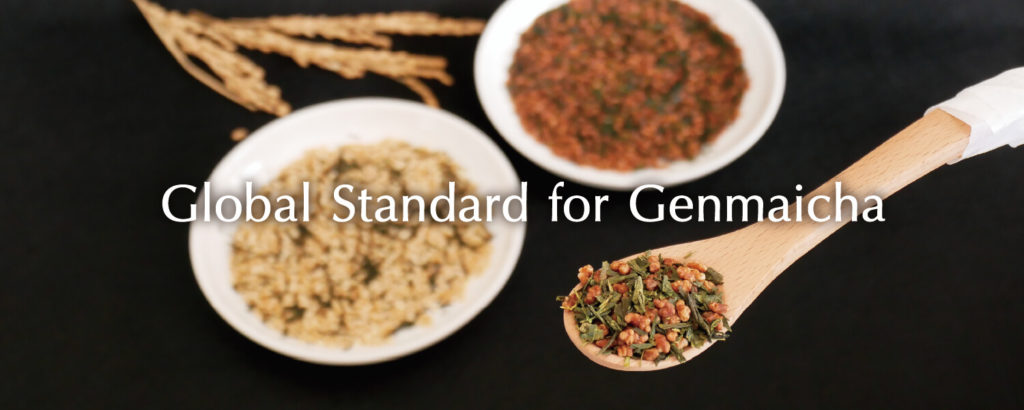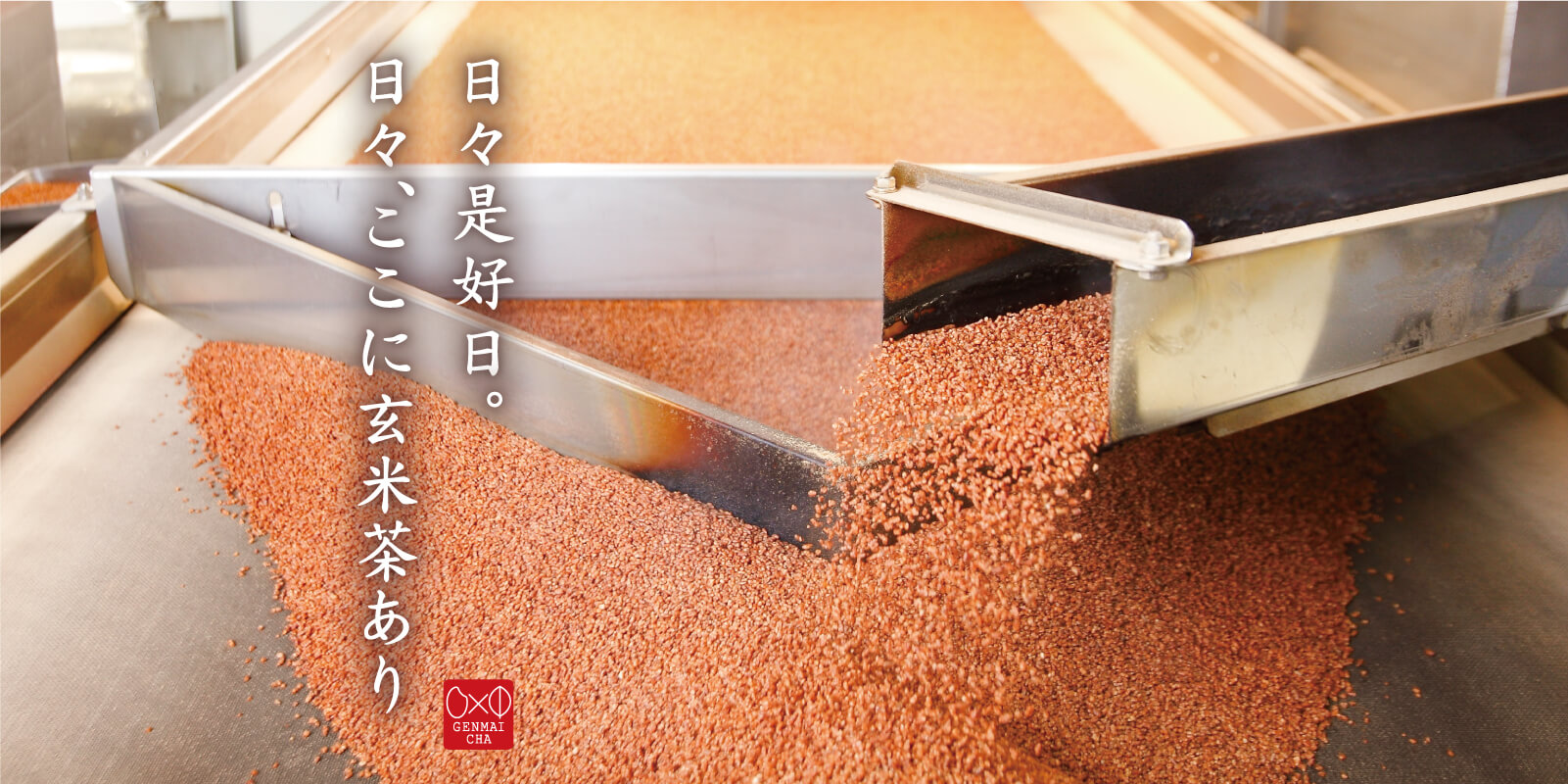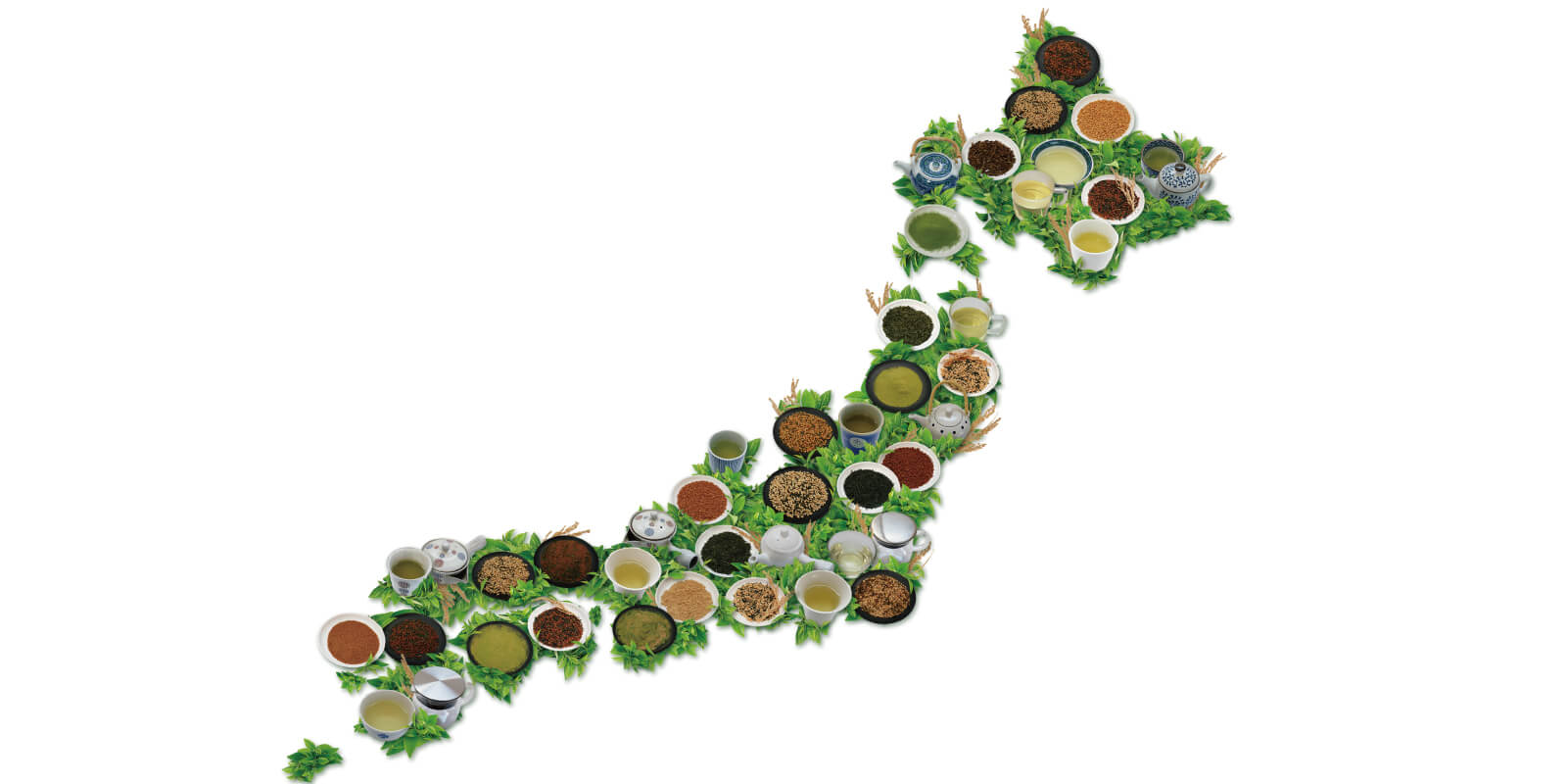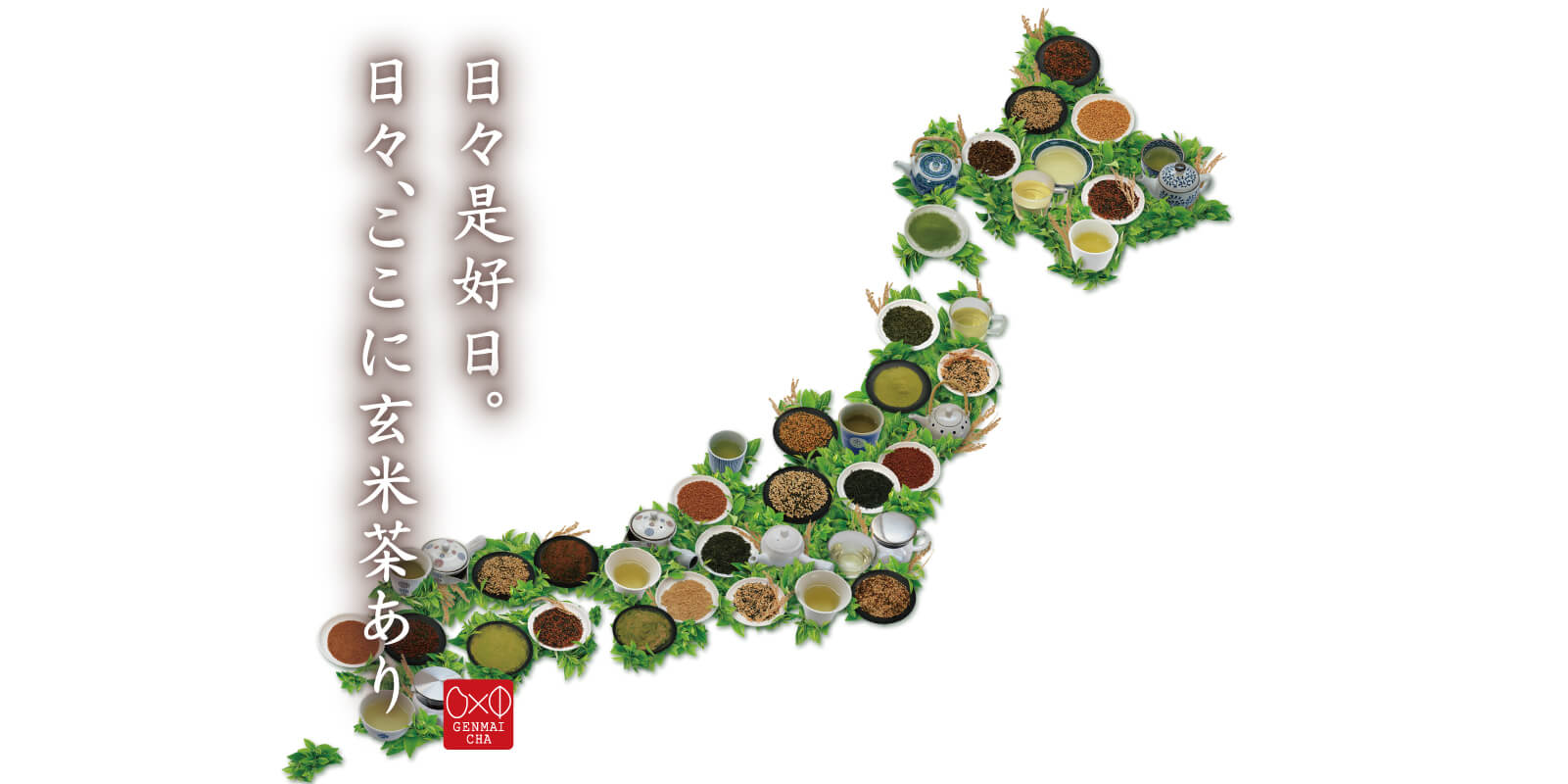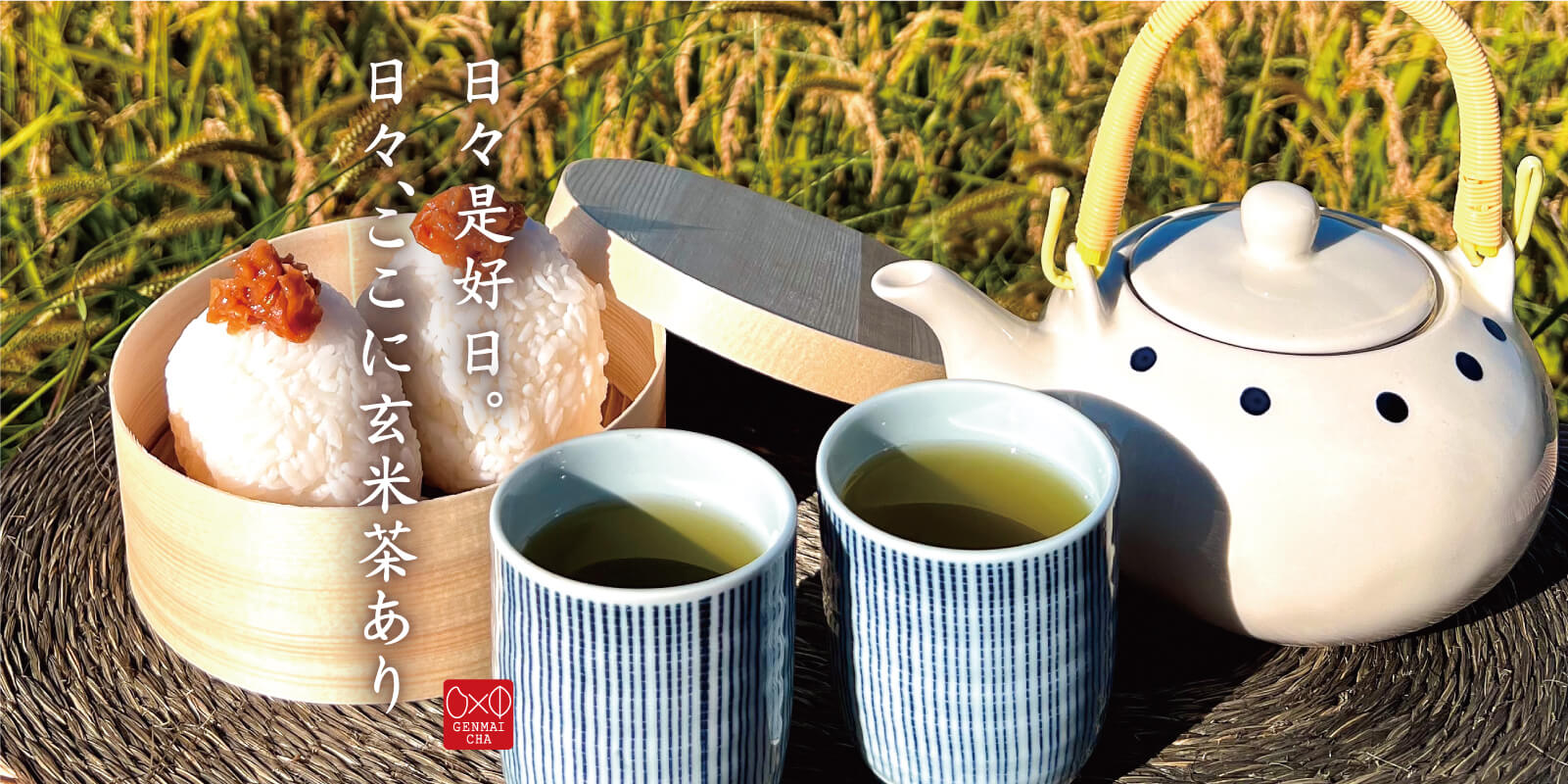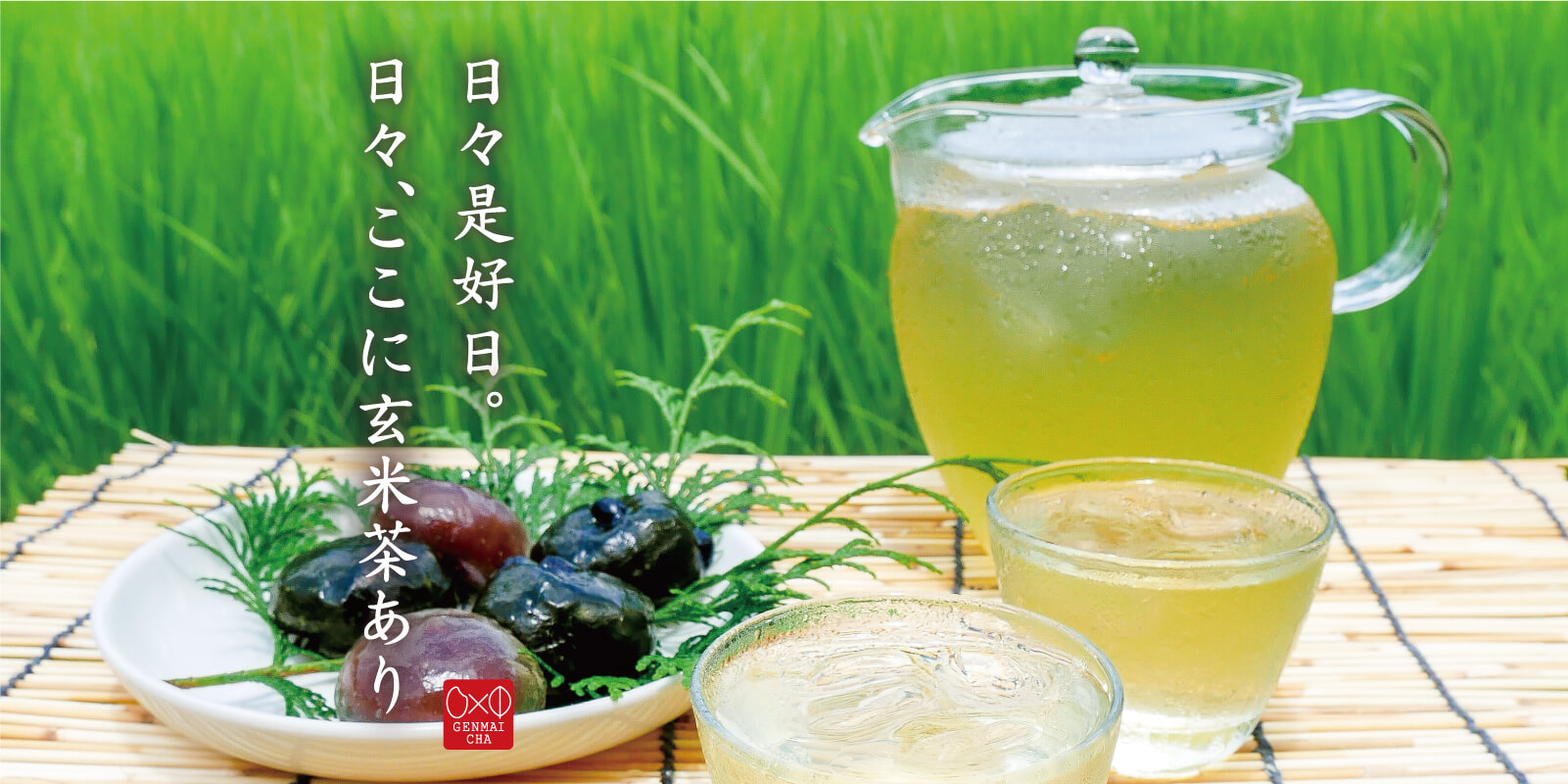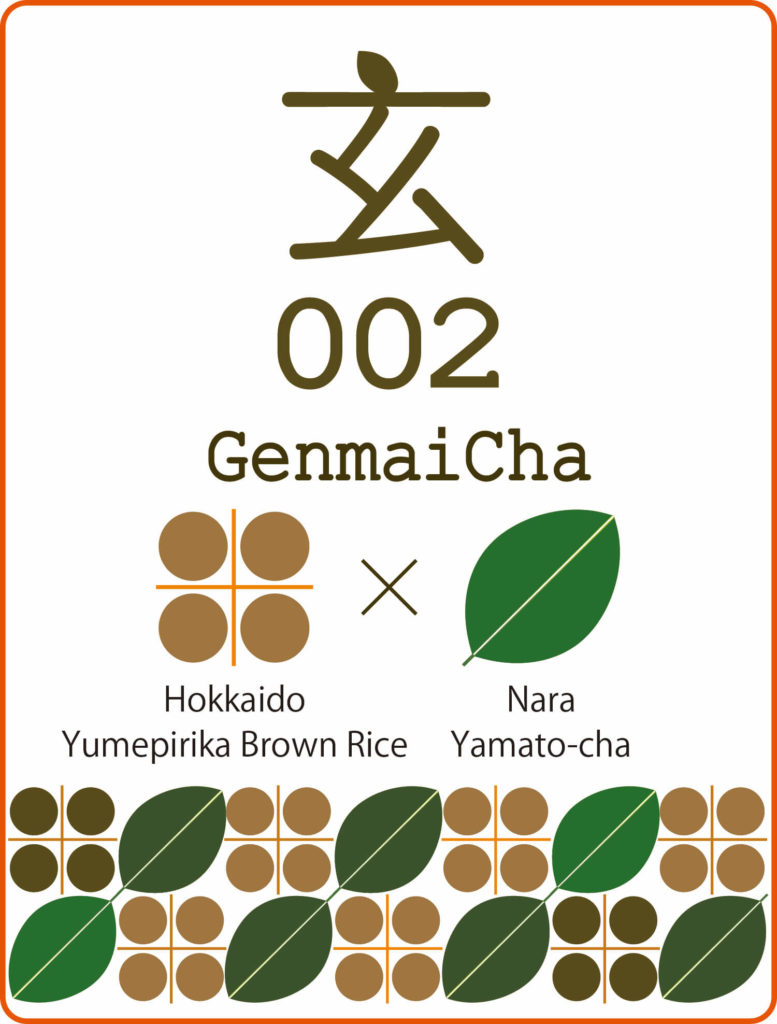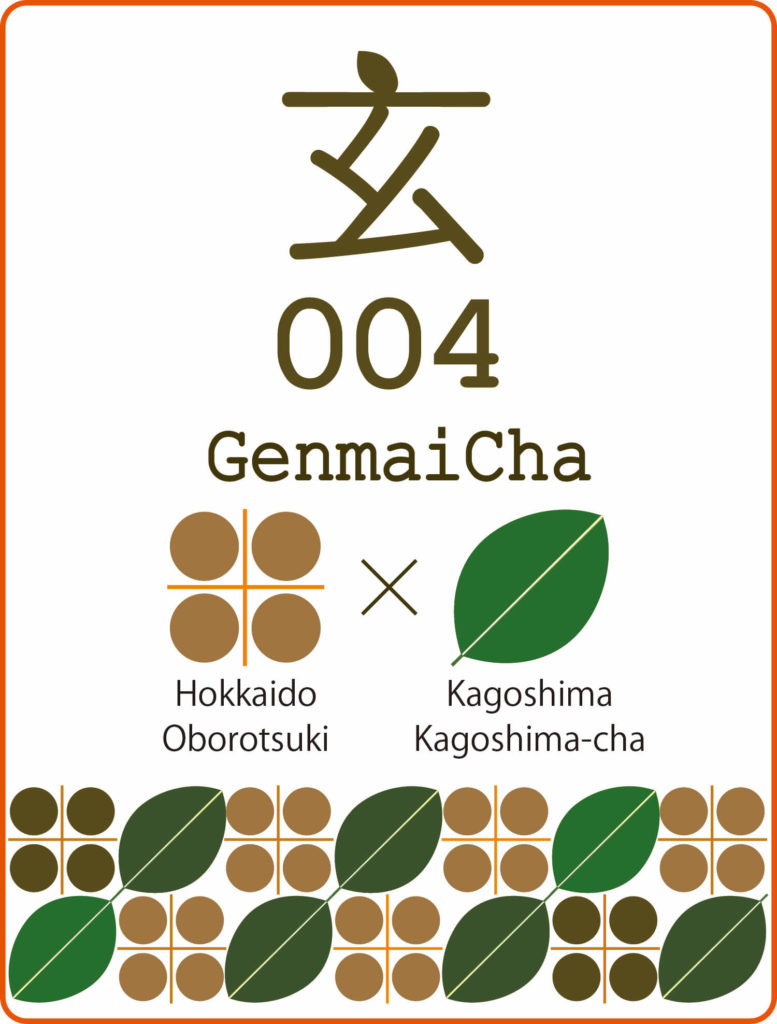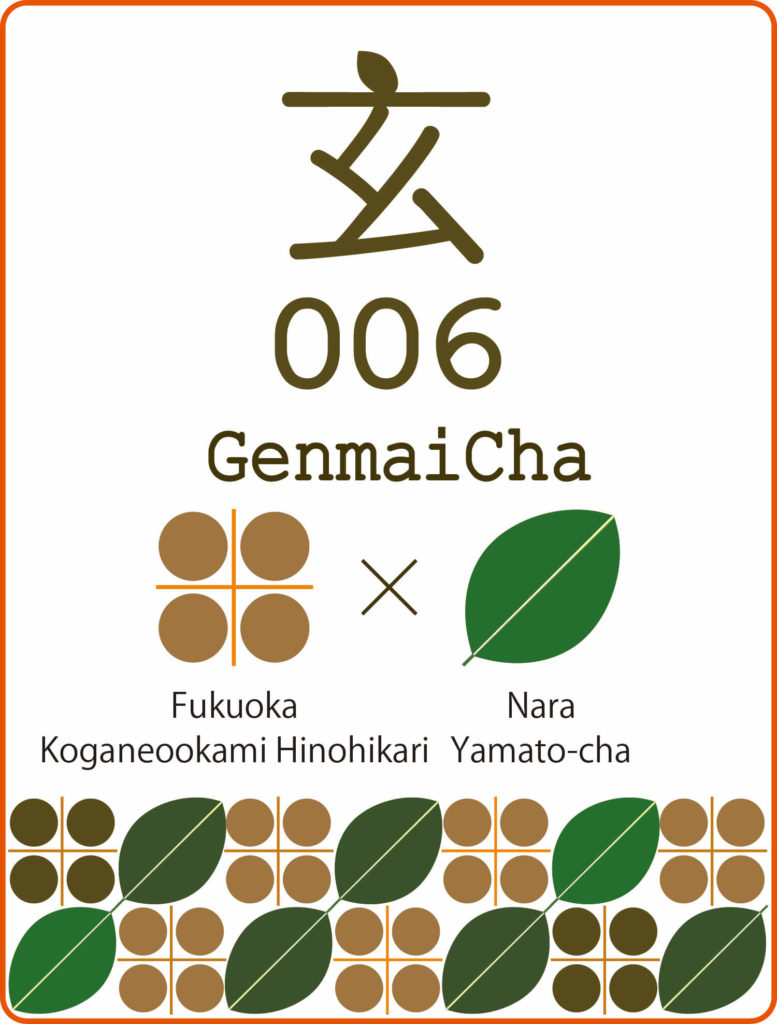Every day is a good day. Every day, there is Genmaicha here.

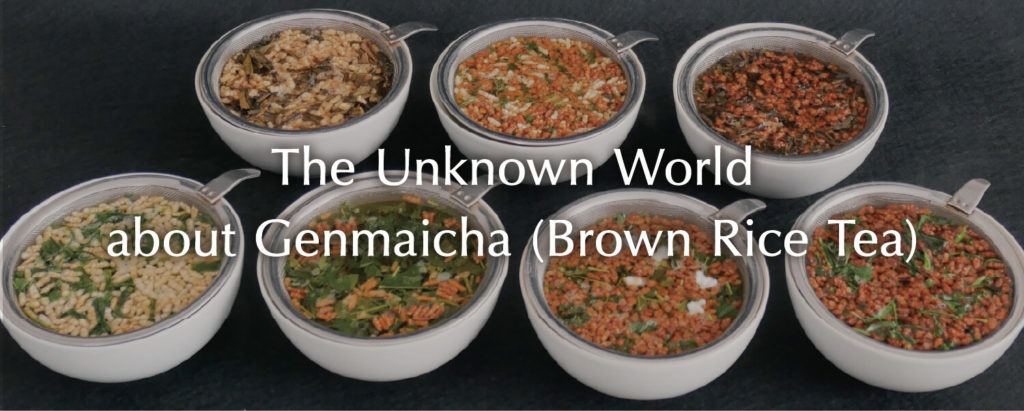

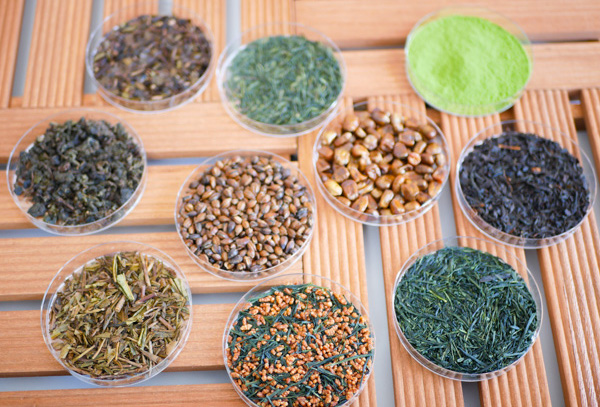

Tea is a widely enjoyed beverage worldwide, with a multitude of types and classifications. Academically, it is defined as something made from the leaves of the tea plant, but in Japan, there are also other types referred to as “xxx tea,” and there are many varieties. Differences in raw materials, processing methods, and origins result in each tea having its unique flavors and characteristics.
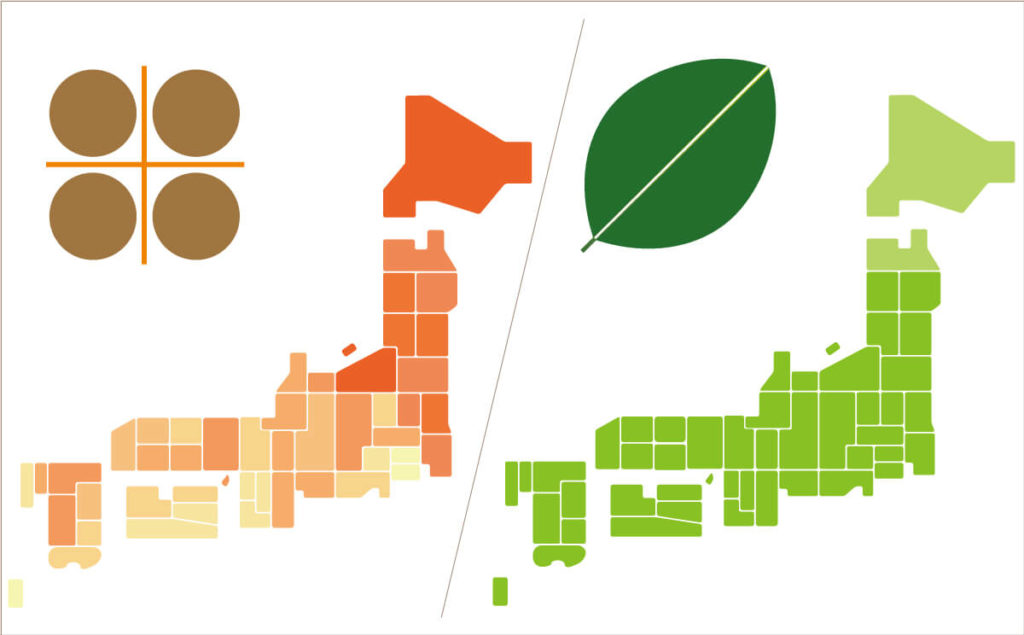

The appeal of “rice” and “tea” has increased due to the popularity of Japanese cuisine and the health trend, leading to increased demand from overseas. Both “rice” and “tea leaves” produced throughout Japan not only have different names and features depending on their origin but also a wide range of aromas and flavors. Let’s explore the broad and deep distribution of these.
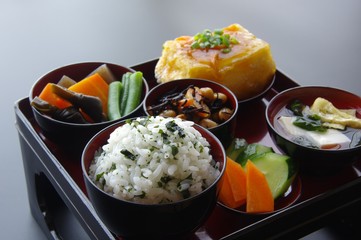

“Genmaicha,” which can be considered a precursor to SDGs, connects to the everyday peace of taking every grain of rice, every leaf, and every drop of water without waste. It creates irreplaceable “beloved days.”

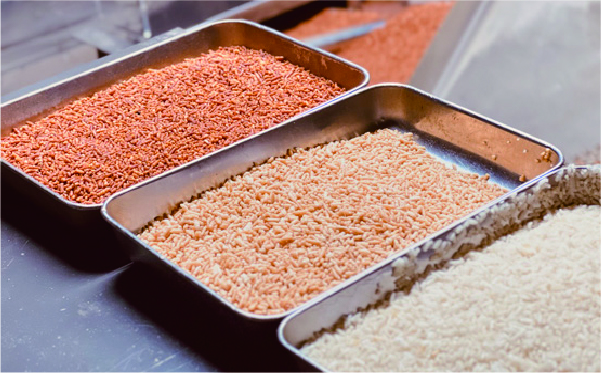
The dedication and expertise of Genmaicha production by experts who have cultivated their skills over the years, without relying on machines, result in each cup of Genmaicha having its unique and compassionate story.

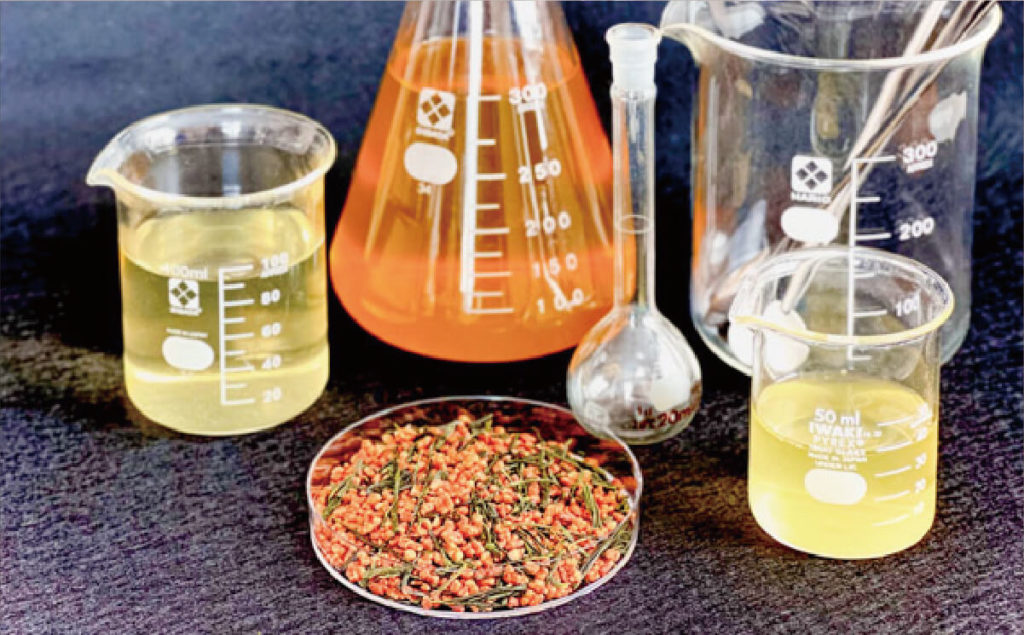
A break with a cup of Genmaicha is a daily ritual. The word “HOKKORI” (warmth) expresses the deliciousness and emotional essence of Genmaicha when it appears as a hospitality gesture for loved ones. We explored the science behind this phenomenon, supported by scientific evidence.


Even when the source of brown rice and tea leaves is the same, simply changing the recipe elements like the degree of rice milling or roasting time can result in a diverse range of flavors and aromas in Genmaicha.
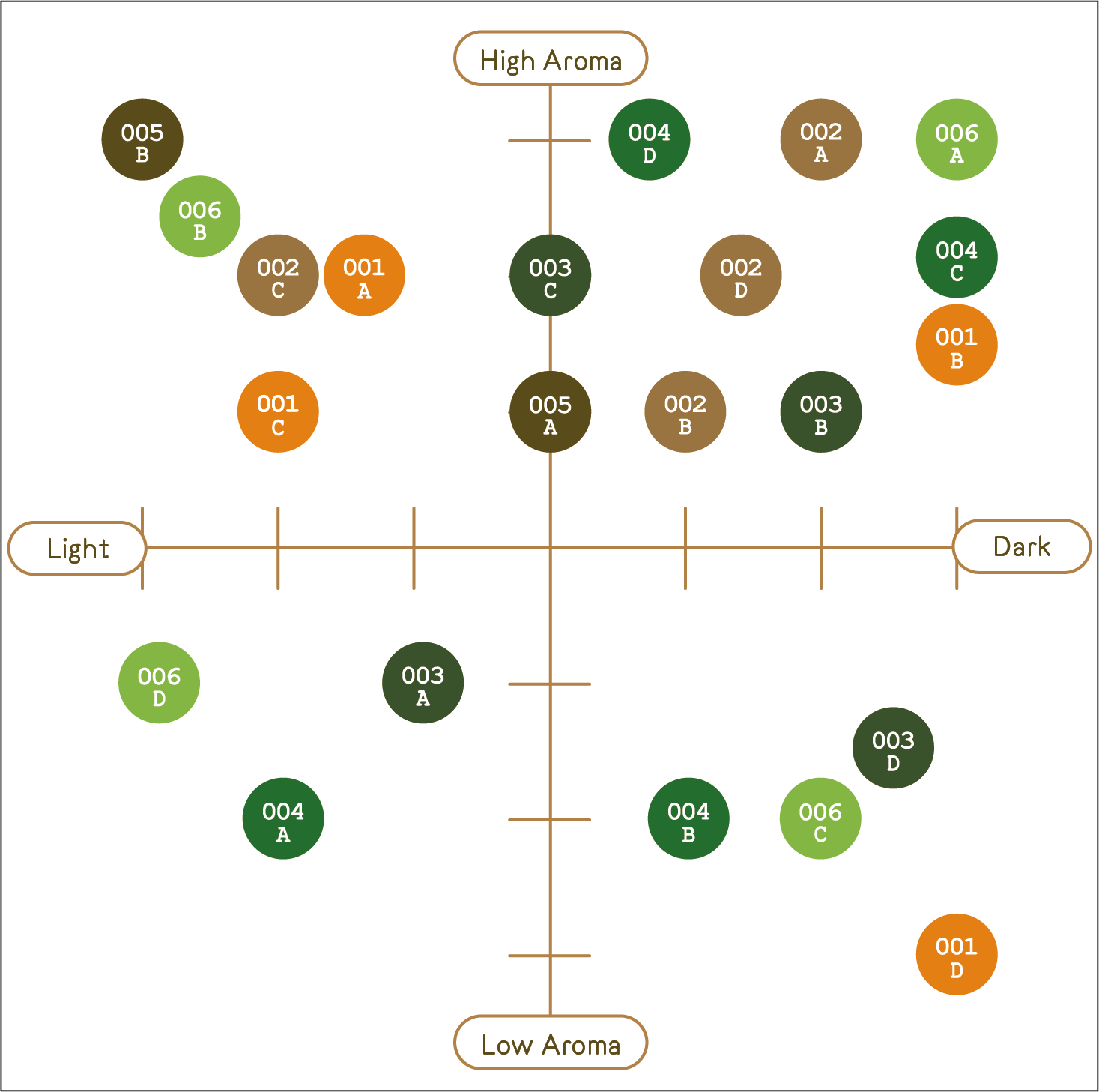





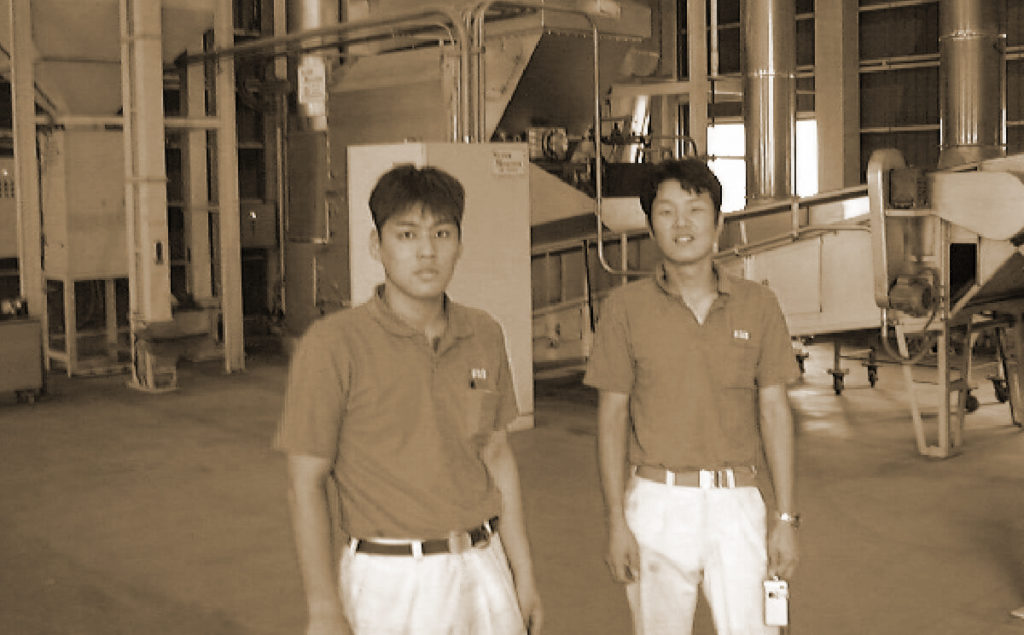

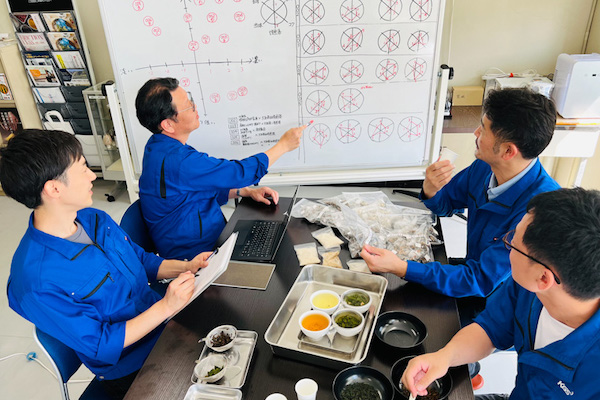
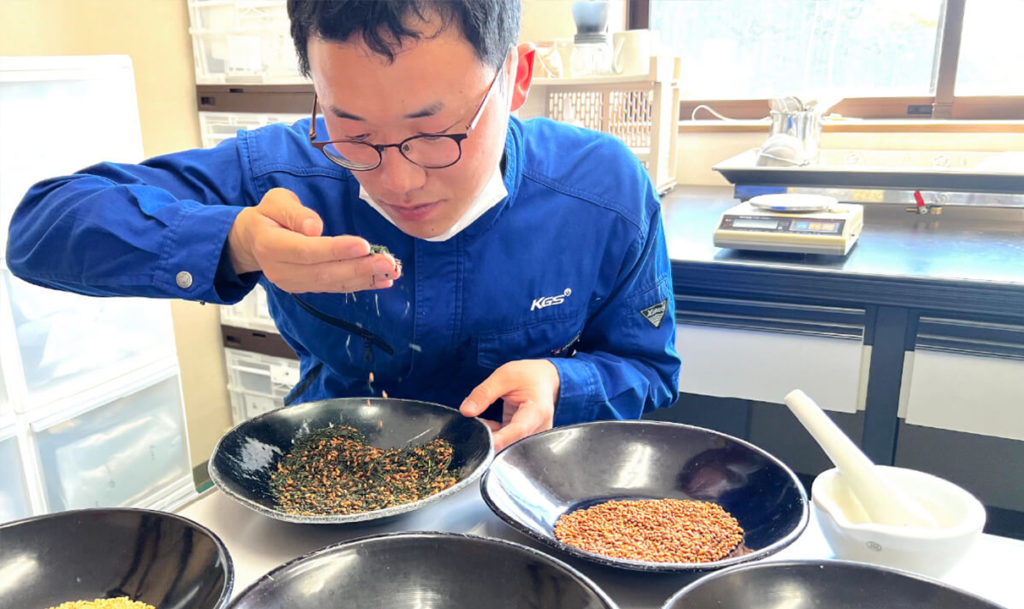
Blenders
Takuya Sobue
Kyoto Grain System Co., Ltd.
Research and Development Department
Blenders combine a variety of roasted rice and tea, using their heightened senses to create Genmaicha. They capture the flavor, appearance, and extraction properties of the tea and rice they want to combine and propose the perfect Genmaicha blend that suits customers’ preferences. They also have knowledge of aroma trends and market dynamics for Genmaicha and other teas.
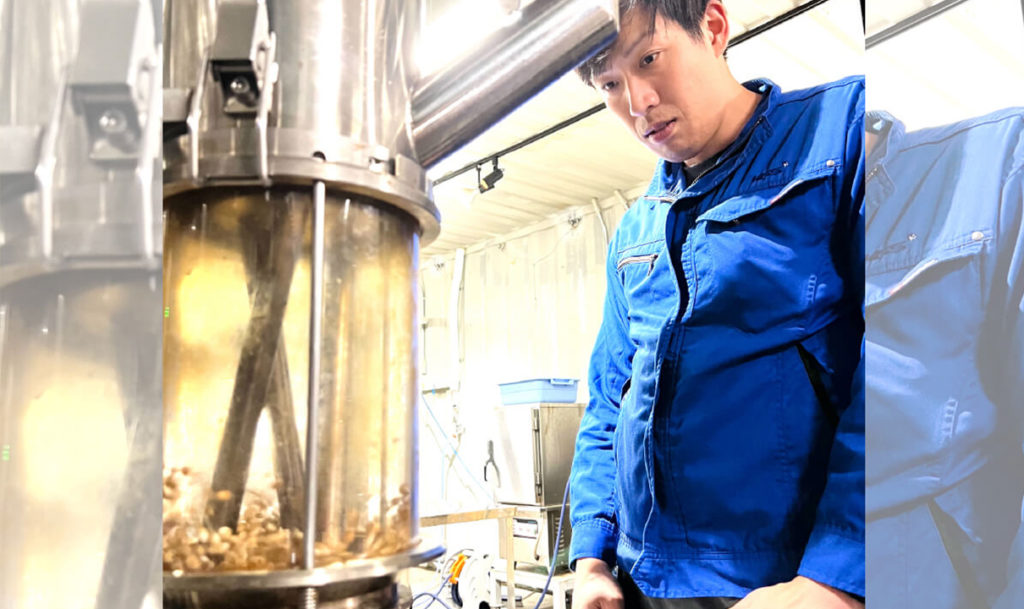
Roasters
Yutaka Kaito
Kyoto Grain System Co., Ltd.
Manufacturing Division (Roasting of Various Grains) Department Manager
As experts in roasting rice used for Genmaicha, they possess the skills to maximize quality and flavor. Based on their past experience, they understand that the quality of rice varies depending on the type, origin, and harvest year. Therefore, they finely adjust recommended roasting temperatures and times to determine the optimal roasting level according to customer preferences.
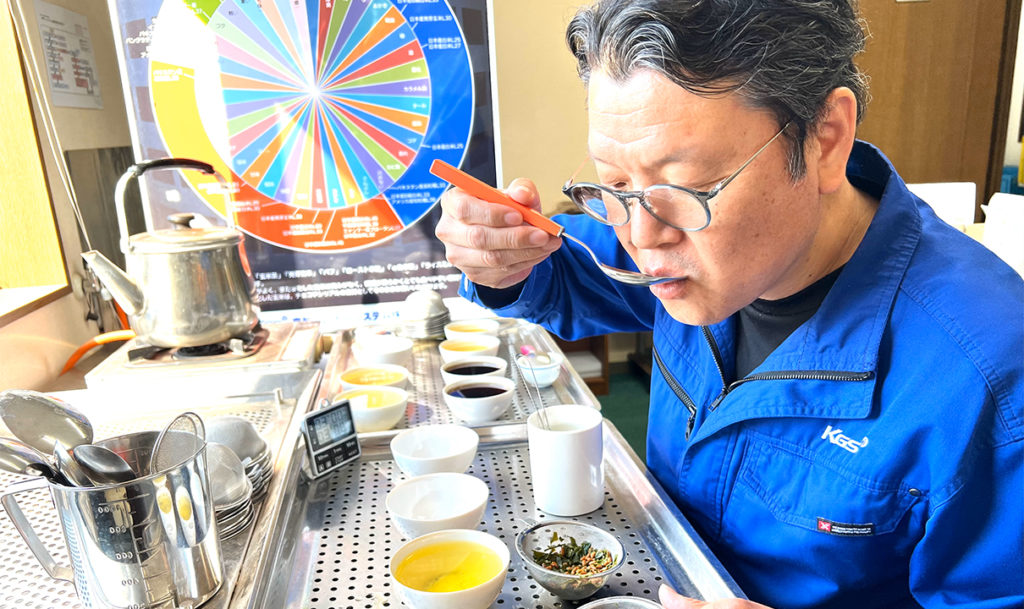
Sommeliers
Hisanori Tamiya
Kyoto Grain System Co., Ltd.
Executive Director
With extensive experience and deep expertise in Japanese tea, rice, and Genmaicha production, sommeliers offer advice to customers on how to enjoy Genmaicha deliciously. They listen to customers’ preferences and provide tailored recommendations, including pairings with dishes, taking into account taste, sweetness, clarity, and fragrance, as well as any other aspects customers may value.
